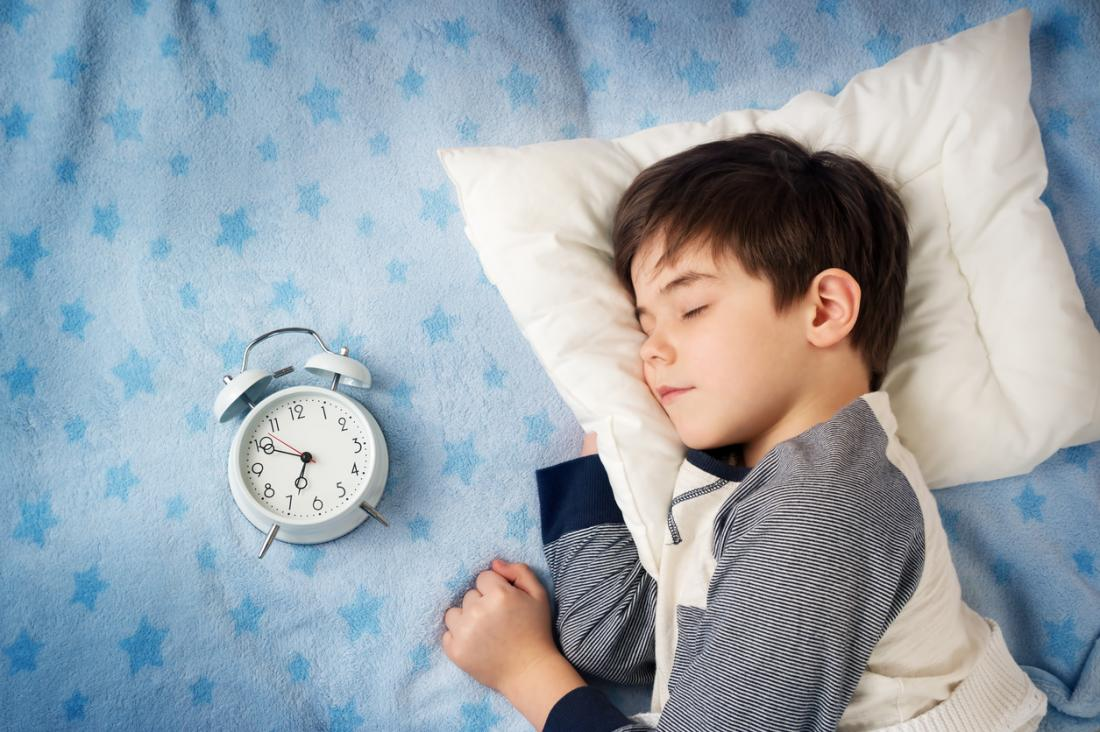Winding Down: Effectively Get Your Kids into Sleep Mode

It’s 20 minutes past your kids’ bedtimes, and it sounds like somebody let the zoo loose in your house. The pitter patter of little feet has become the “boom boom boom” of crashing kidlets running room to room. And they’re laughing so hard it’s almost difficult to be annoyed.
Or another night: You think you’ve got everyone settled down; the little ones are brushing their teeth in the bathroom, when suddenly you hear a crash and the saddest of all sounds—righteous tears from the toddler. Suddenly you’ve got huffy, grumpy little ones and the evening quiet is quashed.
Here are a few tips to help bedtime go smoothly:
- Build a bedtime routine. Children of all ages thrive on routine—the mind knows what to expect, and the body is “programmed” to become sleepy at a certain time, with natural circadian rhythms of day and night. Pick a couple of activities and do them every night. Toothbrushing, a book or story, a song… then tuck them in.
- Stay involved. If you’re in the bathroom with them, the chances of a meltdown are less. Engage with your kids at bedtime—it’s a sweet, sleepy time to build loving relationships… and it can keep the carnage to a minimum.
- Keep the room dark. Any nightlights should be kept to a minimum, and not used at all unless a child has requested light out of fear of the dark. Even dim light can interrupt sleep patterns, “telling” the body to stay alert and making it harder for children to drift off to sleep.
- Let them fall asleep themselves. Soothe them for a few minutes with a song or a snuggle, so that they’re relaxed and prepared for sleep. But tiptoe out before they’re completely conked. Kids who are accustomed to falling asleep on their own are more likely to feel comfortable in their own beds. That means a greater likelihood that they’ll stay in bed when you ask, and that you’ll get fewer 3 am nudges from little ones who can’t soothe themselves back to sleep.
- Don’t let them get overtired. Sticking to a routine is great, but keeping them up ‘til 7:30 when they’re getting wired by 7 is a recipe for disaster. Don’t hesitate to respond to cues like eye rubbing, yawning, or running around the house giggling madly—even if it’s a little ahead of the clock. A kid who’s had a big day may need to go to sleep a little early to feel rested (and pleasant to be around) the next morning.
- Stick to your guns. Whatever rules or incentives you set for sleeping—stickers on a chart, the removal of a privilege if they don’t stay in bed, whatever works for your family—stick to it. It can be hard to be consistent (or even to remember what you’ve said in a sleep-deprived haze when the kidlet is still up at 11:30) but it’s so important that your child know you’ll do what you say. That’s what builds a trusting relationship and helps them know that if you say “stay in bed,” you mean “stay in bed.”
It can be a challenge to get children to bed successfully. Kids who are tired get wired or tired, giddy or grumpy (much like their grownup counterparts). We may just be a little better at hiding it—or getting away with it. Have a little patience and focus on consistency, and bedtimes can get easier.
Author Bio: +Michelle Gordon is a sleep expert who researches and writes about sleep and health, and is an online publisher for the latex mattress specialist Latexmattress.org.


